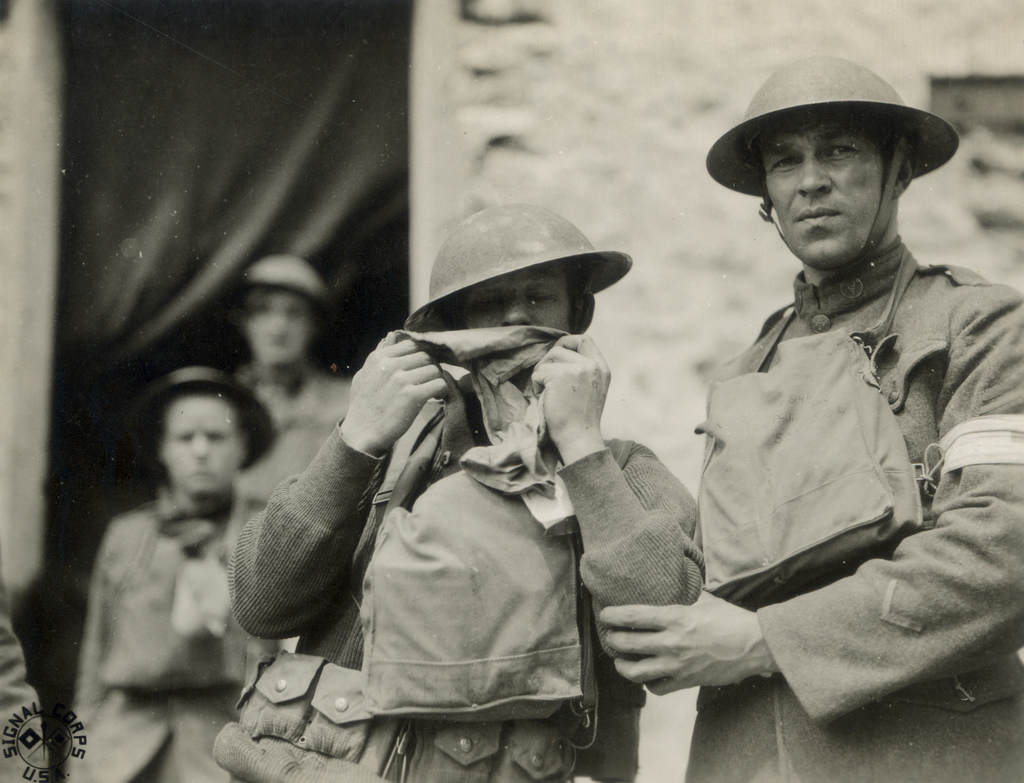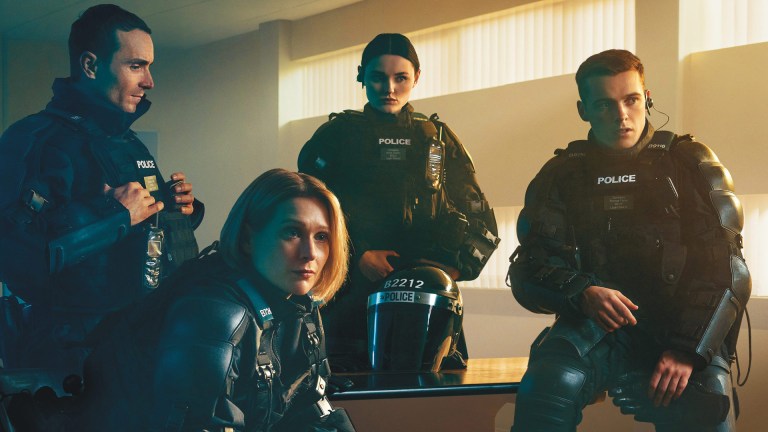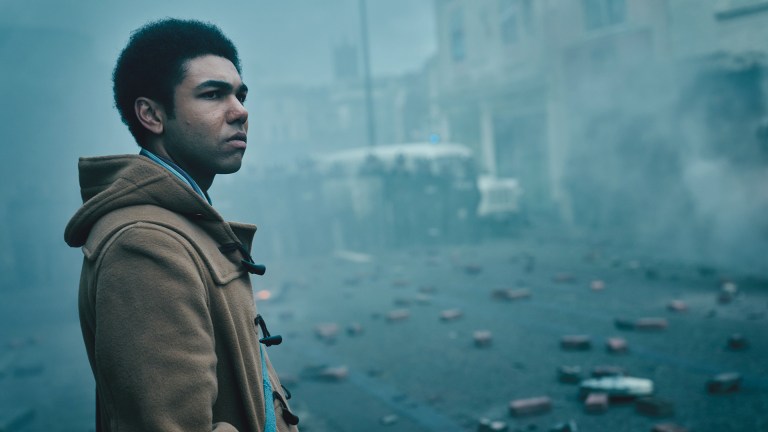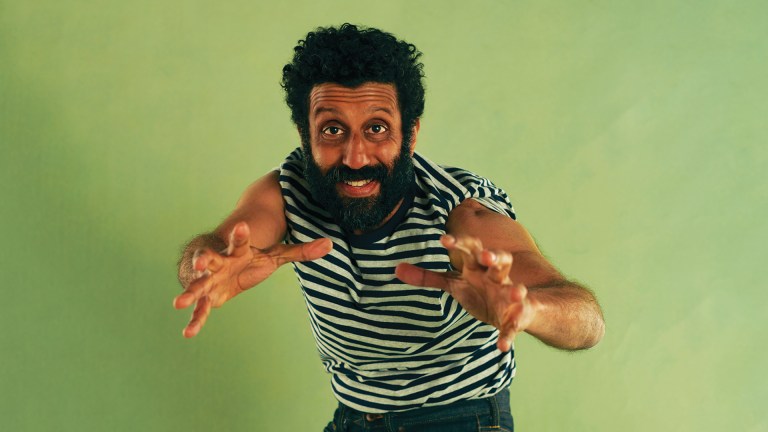After every major conflict the military brushed psychiatric trauma under the carpet, leaving veterans without support and inflicting a huge cost on society as a whole. And, as an incredibly moving and shocking new BBC documentary shows, far from consigned to warfare of the past, this battle is leaving growing numbers of casualties across Britain today.
In World War 1’s Secret Shame: Shell Shock, Dan Snow traces the history of what we now know as PTSD as experienced by successive generations of the armed forces. WW1 was the first truly industrial war with wholesale death and horrific injury on a scale never before witnessed: 23 million troops were killed, making it one of the most deadly conflicts in history. The physical effects of mental trauma could not be ignored and by 1916 hospitals were filling up with soldiers suffering from what doctors named shellshock.
“It was a new kind of war,” explains Snow. “Hand-to-hand combat is traumatic, but in the trenches or behind the lines you have no idea when a shell or bomb can kill you. You are living under that constant threat, your enemy is close, you know you’re in danger. Your whole group of mates got destroyed, you didn’t know what was going on, the air was full of supersonic steel, poison gas, razor-sharp bits of shrapnel, fragments of boiling hot shell casings flying through the air.”
Some people were treated in a progressive way, others were treated like criminals.
Many soldiers were shot for cowardice in order to prevent shellshock ‘spreading’. But this was not universal practice. “It depends on the doctor, the unit, the place and the hospital. Some people were treated in a progressive way, others were treated like criminals. Even in the same war and the same army there were radically different responses. Some doctors were very advanced and would say let’s help these people with talking therapy, others would say we are going to clamp down and shoot them.”
Spiralling numbers of soldiers suffered shellshock’s disabling impacts. “Psychiatric wounds threatened to overwhelm certain units,” Snow continues. “Officers and generals thought it was a threat that could destroy the army. In the same way that drugs in the Vietnam war almost destroyed the US army, psychiatric illness came close to destroying the British army.” By 1922 the word ‘shellshock’ had been banned from use, the concept discredited as an infectious form of ‘disgrace’ to soldiers.
As a result all lessons about war’s devastating psychological consequences were completely forgotten by 1939: at the advent of World War 2 the British Army had only six psychiatrists. This increased to 200, and by the D-Day landings psychiatric hospitals were overwhelmed with shellshock victims.









